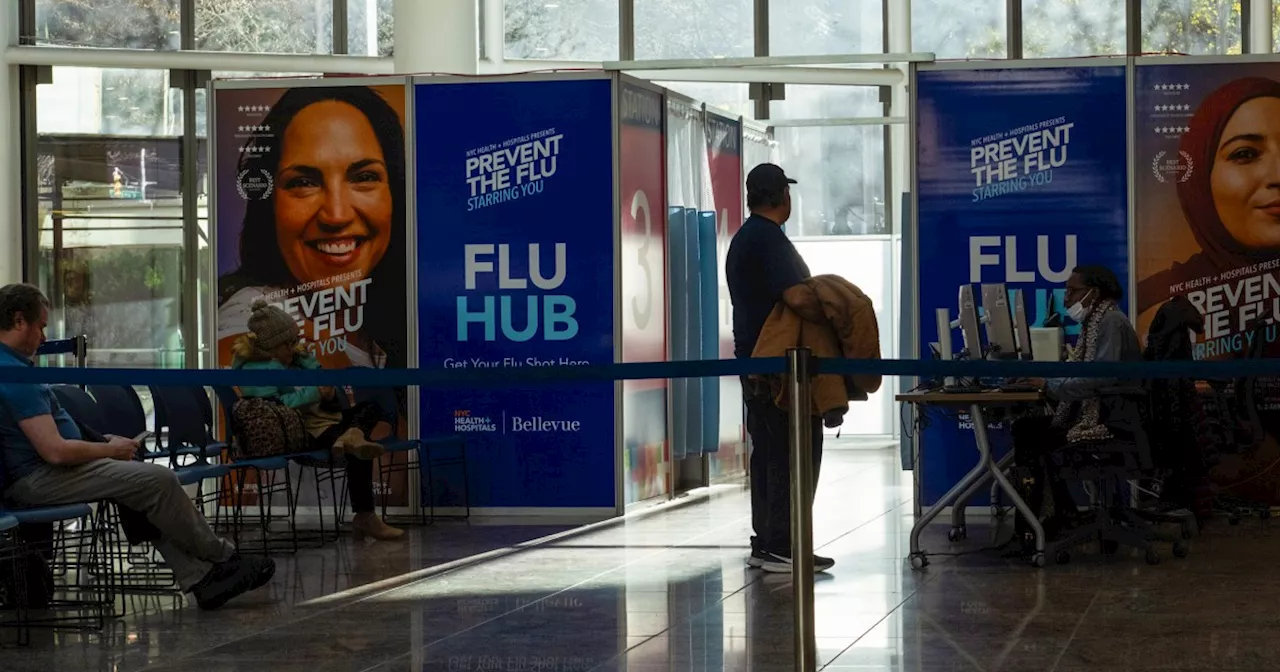Research conducted by the Politecnico di Milano has established a concerning connection between elevated air pollution levels and an increased risk of cardiac arrest in Lombardy. The findings, published in the journal Global Challenges, highlight a significant public health issue, particularly for urban populations facing chronic exposure to poor air quality.
The study reveals that days with high concentrations of air pollutants correlate with a higher incidence of cardiac events. This relationship underscores the urgency for local authorities to address air quality management effectively. The research team meticulously analyzed data from various sources, including meteorological records and health statistics, to draw their conclusions.
One of the critical findings indicates that particulate matter, specifically PM10 and PM2.5, plays a major role in exacerbating cardiovascular risks. During periods when air quality deteriorated, there was a notable spike in emergency hospital visits for cardiac-related issues. This data suggests that even short-term exposure to elevated pollution levels can have immediate and severe health consequences.
The implications of this research extend beyond Lombardy, pointing to a broader challenge faced by many urban areas globally. Cities with high traffic congestion and industrial activities are particularly vulnerable to similar health risks. This study serves as a crucial reminder of the need for ongoing research and policy interventions aimed at improving air quality and protecting public health.
As awareness of the health impacts of air pollution grows, local governments are under increasing pressure to implement stricter regulations and promote cleaner air initiatives. The findings from the Politecnico di Milano study bolster arguments for more sustainable urban planning and investment in green infrastructure.
In summary, the direct link between air pollution and cardiac risk highlighted in this research emphasizes the urgent need for action. Public health officials and policymakers must prioritize air quality improvements to safeguard the health of communities, especially in densely populated regions like Lombardy.







